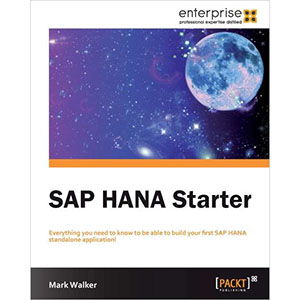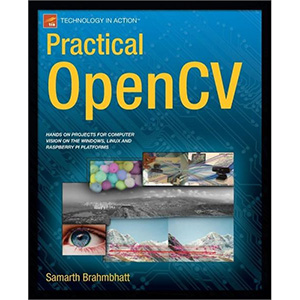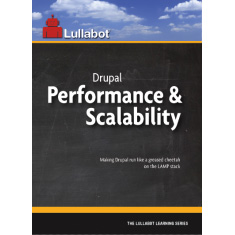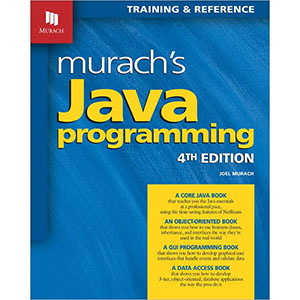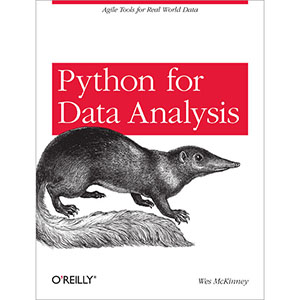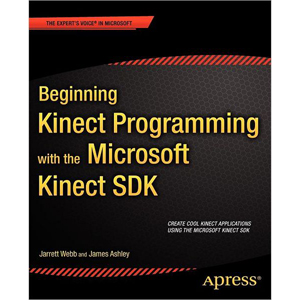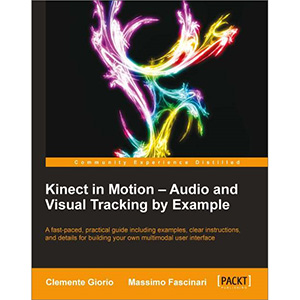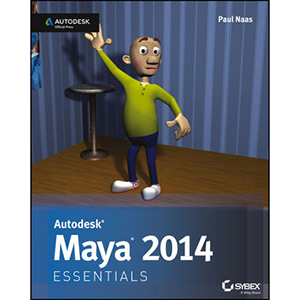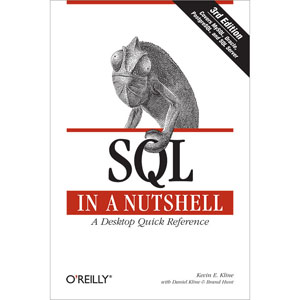Enabling Flexibility in Process-Aware Information Systems
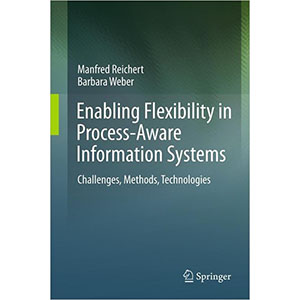
In today’s dynamic business world, the success of a company increasingly depends on its ability to react to changes in its environment in a quick and flexible way. Companies have therefore identified process agility as a competitive advantage to address business trends like increasing product and service variability or faster time to market, and to ensure business IT alignment. Along this trend, a new generation of information systems has emerged—so-called process-aware information systems (PAIS), like workflow management systems, case handling tools, and service orchestration engines.
With this book, Reichert and Weber address these flexibility needs and provide an overview of PAIS with a strong focus on methods and technologies fostering flexibility for all phases of the process lifecycle (i.e., modeling, configuration, execution and evolution). Their presentation is divided into six parts. Part I starts with an introduction of fundamental PAIS concepts and establishes the context of process flexibility in the light of practical scenarios. Part II focuses on flexibility support for pre-specified processes, the currently predominant paradigm in the field of business process management (BPM). Part III details flexibility support for loosely specified processes, which only partially specify the process model at build-time, while decisions regarding the exact specification of certain model parts are deferred to the run-time. Part IV deals with user- and data-driven processes, which aim at a tight integration of processes and data, and hence enable an increased flexibility compared to traditional PAIS. Part V introduces existing technologies and systems for the realization of a flexible PAIS. Finally, Part VI summarizes the main ideas of this book and gives an outlook on advanced flexibility issues.
The book’s target groups include researchers, PhD students and Master students in the field of information systems. After reading the book, they will better understand PAIS flexibility aspects. To support the easy use as a textbook, a series of exercises is provided at the end of each chapter and slides and further teaching material are available on the book’s web site www.flexible-processes.com. Professionals specializing in business process management (BPM) who want to obtain a good understanding of flexibility challenges in BPM and state-of-the-art solutions will also benefit from the presentations of open source as well as commercial process management systems and related practical scenarios.
- Comprehensively describes all relevant state-of-the-art concepts, methods and technologies enabling process flexibility, e.g., process configuration, exception handling, ad-hoc process changes, process schema evolution, and many more
- Includes presentations of both open source and commercial process management systems
- Enhanced by a website with ready-to-use slides, exercises and solutions, and further teaching material
- Written by two of the most prominent researchers in the BPM area
Table of Contents
Part I: Basic Concepts and Flexibility Issues
Chapter 1. Introduction
Chapter 2. Process-Aware Information Systems
Chapter 3. Flexibility Issues in Process-Aware Information Systems
Part II: Flexibility Support for Prespecified Processes
Chapter 4. Process Modeling and Flexibility-by-Design
Chapter 5. Process Configuration Support
Chapter 6. Exception Handling
Chapter 7. Ad hoc Changes of Process Instances
Chapter 8. Monitoring and Mining Flexible Processes
Chapter 9. Process Evolution and Instance Migration
Chapter 10. Business Process Compliance
Part III: Flexibility Support for Loosely Specified Processes
Chapter 11. Concretizing Loosely Specified Processes
Chapter 12. Constraint-Based Process Models
Part IV: User- and Data-Driven Processes
Chapter 13. User- and Data-Driven Processes
Chapter 14. A Framework for Object-Aware Processes
Part V: Technologies Enabling Flexibility Support in Process-Aware Information Systems
Chapter 15. AristaFlow BPM Suite
Chapter 16. Alaska Simulator Toolset
Chapter 17. Existing Tool Support for Flexible Processes
Chapter 18. Epilogue
Book Details
- Hardcover: 533 pages
- Publisher: Springer (August 2012)
- Language: English
- ISBN-10: 3642304087
- ISBN-13: 978-3642304088


